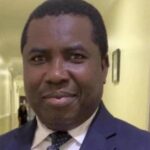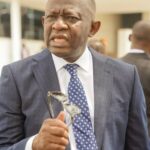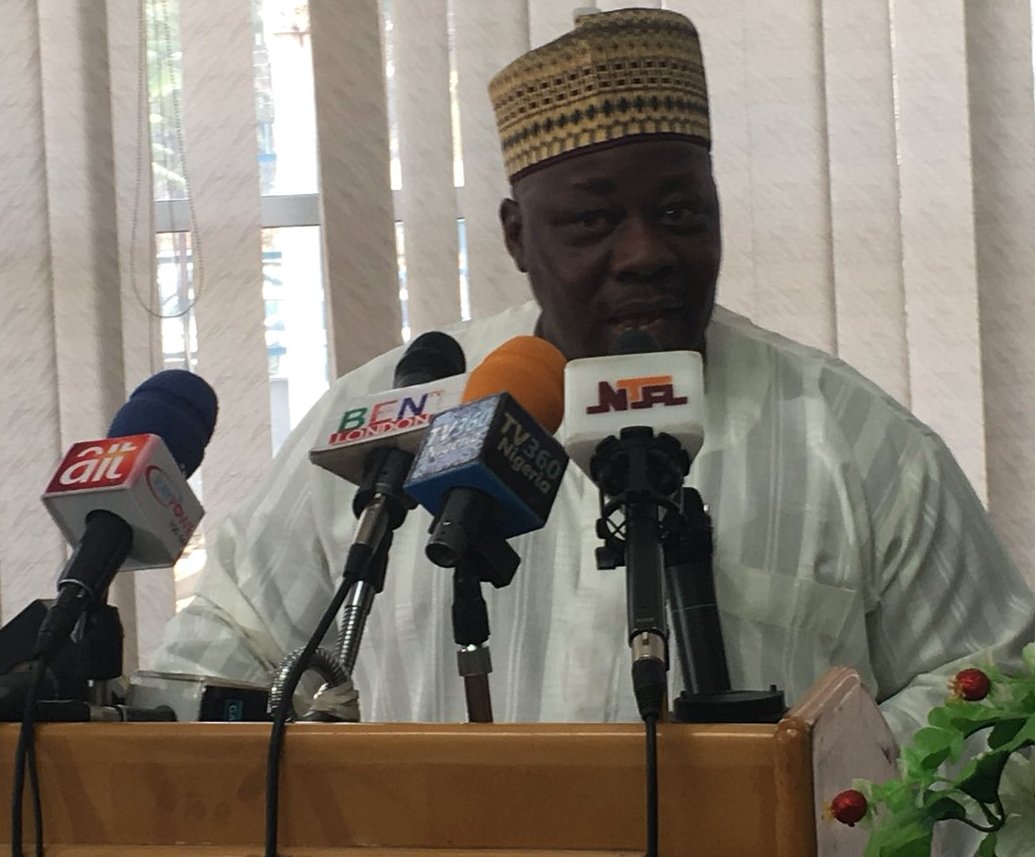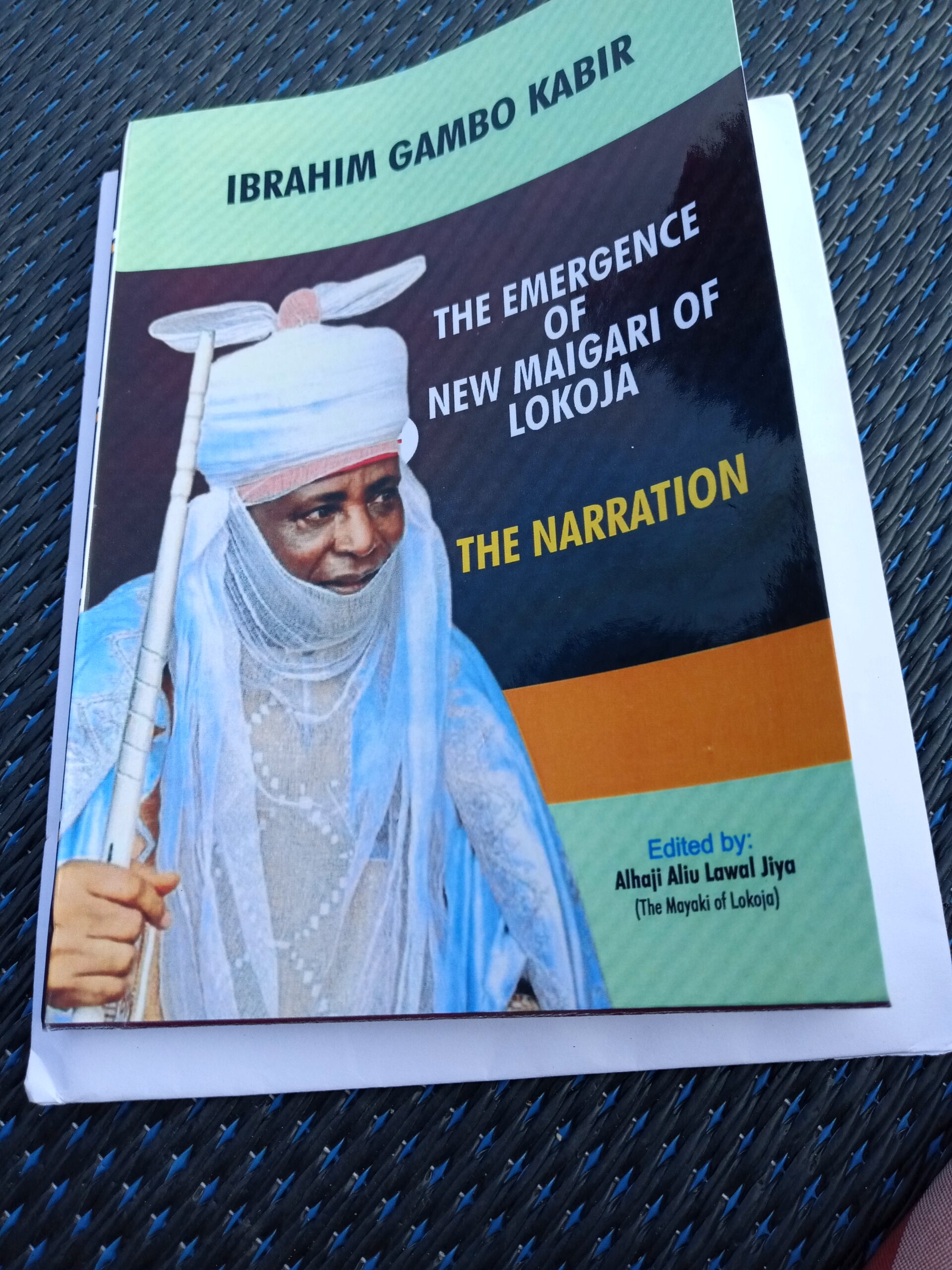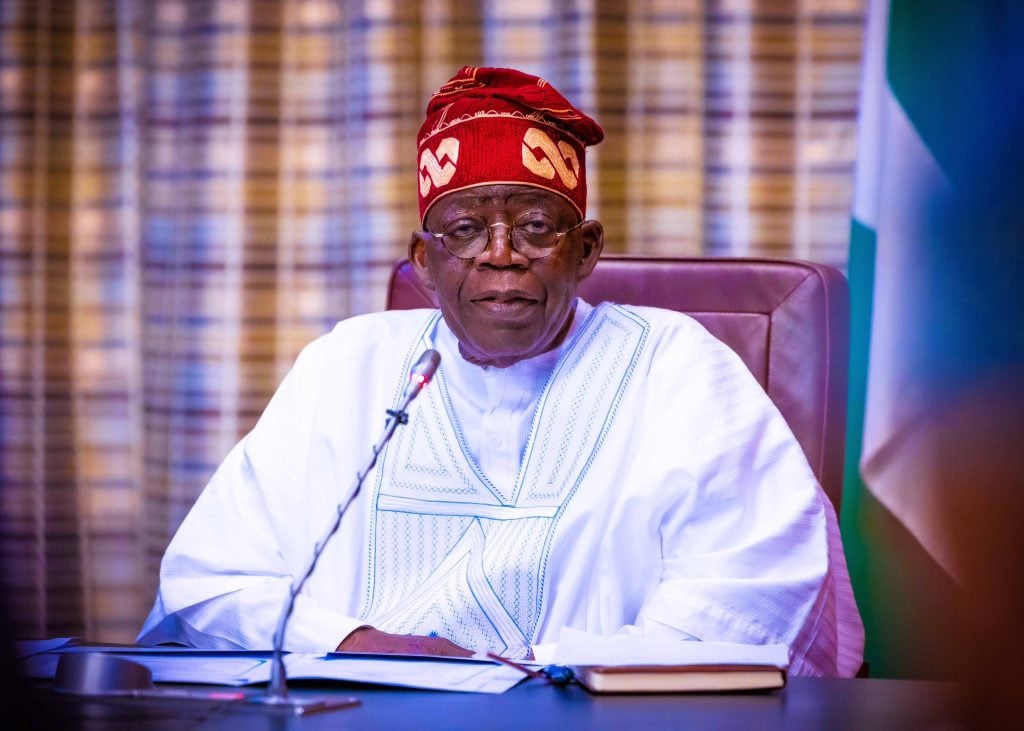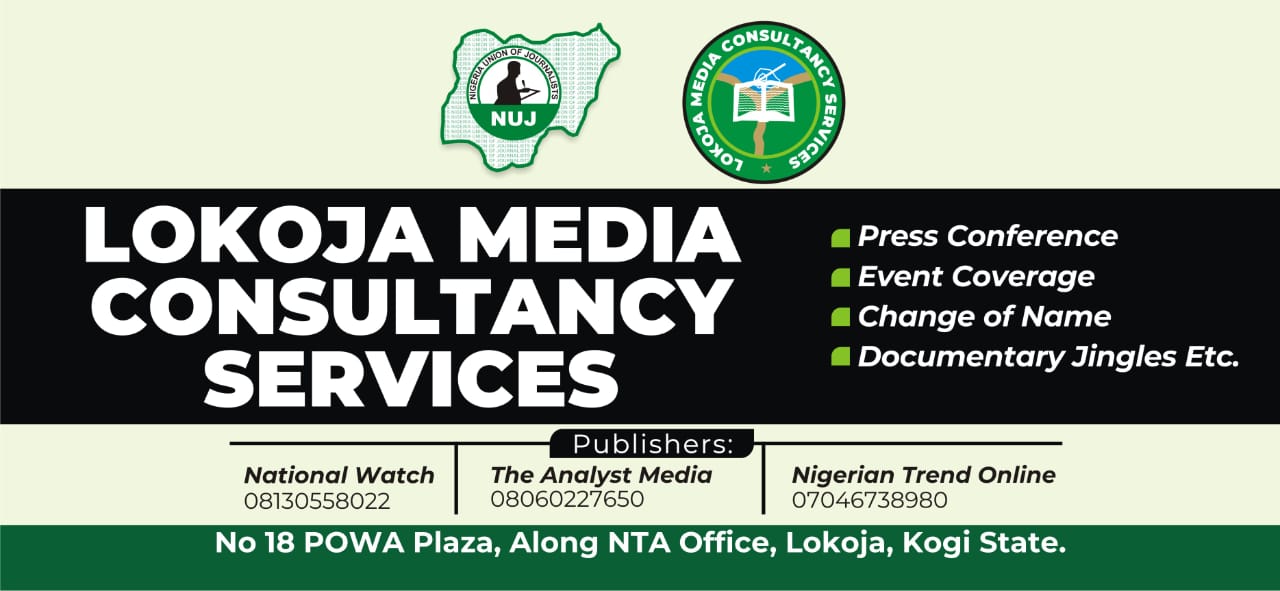
By Jibrin Ibrahim
As we move towards 2023, we the people must be determined that Nigeria can and must address the security challenges it faces by providing leadership so that security forces are properly equipped and encouraged to do their jobs. It is still possible to promote national cohesion and social inclusion by guaranteeing a fair distribution of socio-economic services in the states.
“Civic Education and the Words and Deeds of a Nigerian Politician” was the title of my March 18 column. The issue is the state of wisdom in Nigeria that you believe the words of a politician only at your own risk. There, I circulated one of the posts circulating on WhatsApp about specific lies some politicians allegedly told, but did the exact opposite of what they swore not to do. I have not verified the quotes and should be forgiven if they are all lies:
“I will never go back to the PDP. The PDP is beyond redemption!” ~ATIKU ABUBAKAR
“I will never leave APGA. I prefer to leave politics. The PDP is a curse for the South East!” ~PETER OBI
“I would rather die than join APC!” ~ FEMI FANI- KAYODE
“May God punish me if I ever leave the PDP!” ~ Governor Bello Mohammad Matawalle
“I will not join these people who carry broomsticks like witches. Over my dead body!” ~Chibuike Rotimi Amaechi
“Only the house helps to walk with brooms.” ~ Godswill Akpabio
My position remains that Nigerians do themselves a great disservice by accepting that they expect their leaders to be insincere. They are as guilty as the politicians of creating the ideological basis to exempt the political class from responsibility for what it says and promises. In a democracy, it is assumed, by definition, that the political class is made up of people with character and integrity, who keep their words and do exactly what they promise. The democratic civic culture consists of citizens clearly demanding from their elected representatives that they must fulfill their promises when they are elected.
The year 2022 was marked by hordes of applicants paying political parties for the chance to run for the announced post of President of the Federal Republic of Nigeria. A large crowd of governors and ex-governors, ministers and senators made offers and applied. I didn’t really notice any of them telling the selection committees, made up of party delegates and shareholders, Nigerian citizens of voting age, why they were applying for this specific job. I remember one candidate, Rivers State Governor Nyesom Wike explaining his qualification: Nigeria, he said, needs a madman like him to turn things around. Maybe Atiku Abubakar wasn’t listening when he said that. I also remember that when Bola Tinubu visited President Buhari to inform him of his intention to run for the vacancy, he told the Nigerians that he was running because he had always wanted the position. Then he added that, in any case, it was his turn to govern.
Leadership requires people with a vision of what they want to achieve for Nigeria. Of course, those who want to come forward can get good consultants to write visions and programs for them. Therefore, it is important to define the competition based on the background of the proposed candidates: their professional background and achievements; community engagement and service; opinions expressed on political, economic and social issues.
In the end, the candidates with the deepest pockets won multi-party primaries and are now on the campaign trail. The primaries were money contests and the question was: where did they get that money? As governors or ministers, none of them earned 100 million naira as legitimate income to buy the nomination forms of political parties. We are forced to come to the only possible conclusion that these monies must have been stolen from the government coffers. A democracy cannot survive when those in power steal from the treasury and use that money to stay in power; this time to occupy even larger offices.
Leadership requires people with a vision of what they want to achieve for Nigeria. Of course, those who want to come forward can get good consultants to write visions and programs for them. Therefore, it is important to define the competition based on the background of the proposed candidates: their professional background and achievements; community engagement and service; opinions expressed on political, economic and social issues. There has to be a minimum level of education, either as a degree or a higher national diploma. Finally, age and good health are key factors in leadership and Nigerians know a lot about this subject. People over the age of seventy should be encouraged to stay away from politics because they are unlikely to have the energy for the enormous work involved in running a country as large and complex as Nigeria.
As Buhari’s administration winds down, the question of his legacy is on the table. Unfortunately for the president, who has always viewed himself and imaged himself as an anti-corruption crusader, his legacy may well be to lead the most corrupt regime in Nigerian history. At the center of the problem is the Oil Ministry, of which he has been minister since his return to power. Of course, one dossier that President Muhammadu Buhari is supposed to know very well is that of oil affairs, after all, he was the oil minister between 1976 and 1978. He was also Head of State for 20 months from December 31 So when he told Nigerians as a presidential candidate in 2011 that the fuel subsidy regime is a fraud, people believed him and the momentum of hope around this fight against corruption. Crusader finally brought him to power in 2015. We all remember when he posed the basic question: “Who subsidizes whom?” His response was categorical, the then PDP regime was using the fuel subsidy to finance corruption. The legacy that President Buhari would leave is the trillions of naira spent to finance corruption in the name of fuel subsidy.
In October, I reported on a workshop Nextier organized with the South African Institute for Security Studies on “Nigeria in 2050: Global Player or Poverty Capital of the World”. It was a trend analysis of where we are headed if we stick to the current path: annihilation. Therefore, it is, above all, a warning that in order to survive as a people, we must change our ways and move away from the massive level of public corruption that makes it virtually impossible for governments to do their job of producing public goods for the people. security, well-being, good health, infrastructure, etc. We must improve governance or perish. The problem is who in government will listen. Who has the power and at the same time the empathy to listen to what people desperately need?
Nigeria has made little progress in export diversification. The country is still a rentier economy but today even that is lost as most of the oil produced is stolen and sold by the government and security cabals that have become pipeline bandits. Macroeconomic instability, skills shortages, a hostile business environment, and infrastructure deficits constrain productivity and growth in the non-oil sector.
The study drew attention to the fact that more than four decades after the introduction of compulsory universal basic education, more than 30% of the Nigerian population is illiterate. The country is in a chronic crisis, with an essentially bankrupt economy that has plunged into a debt trap. Nigerians have never been so insecure, with multiple insurgencies, widespread banditry, separatist upheavals, policy discontinuities, massive corruption, and poor governance posing an existential threat to all.
Graphs were shown showing that Nigeria and Malaysia had similar levels of economic performance at the time of independence, but today, Malaysia has transformed its economy and come a long way, while we are still in crisis. Nigeria is not on track to achieve most of the SDGs by 2030, and is projected to have the most poor people globally by 2050. Internally, there is a polarity of poverty between northern and southern Nigeria, with the north far behind. . Nigeria has one of the lowest tax revenue/GDP ratios in the world, leaving little fiscal space for productive spending. The public health and education sectors are crippled by mismanagement, corruption, and inadequate funding.
Nigeria’s population is projected to rise to over 450 million by 2050, by which time it will be the third most populous country in the world. Although Nigeria has great agricultural potential, the sector cannot meet the nutritional demands of a rapidly growing population. Nigeria has made little progress in export diversification. The country is still a rentier economy but today even that is lost as most of the oil produced is stolen and sold by the government and security cabals that have become pipeline bandits. Macroeconomic instability, skills shortages, a hostile business environment, and infrastructure deficits constrain productivity and growth in the non-oil sector.
As we move towards 2023, we the people must be determined that Nigeria can and must address the security challenges it faces by providing leadership so that security forces are properly equipped and encouraged to do their jobs. It is still possible to promote national cohesion and social inclusion by guaranteeing a fair distribution of socio-economic services in the states. It is necessary to establish a national social protection program to support the poorest and most vulnerable in order to reduce poverty and inequality. In addition, the fight against corruption must be intensified, while improving public financial management and domestic revenue mobilization through accelerating digitization to improve fiscal efficiency, along with addressing the infrastructure gap of the government. country by creating an enabling environment for public-private engagement. -associations in the development of infrastructure.
Professor Jibrin Ibrahim, is a senior fellow at the Center for Democracy and Development and chairman of the editorial board of PREMIUM TIMES, he writes from Abuja


